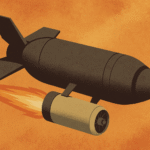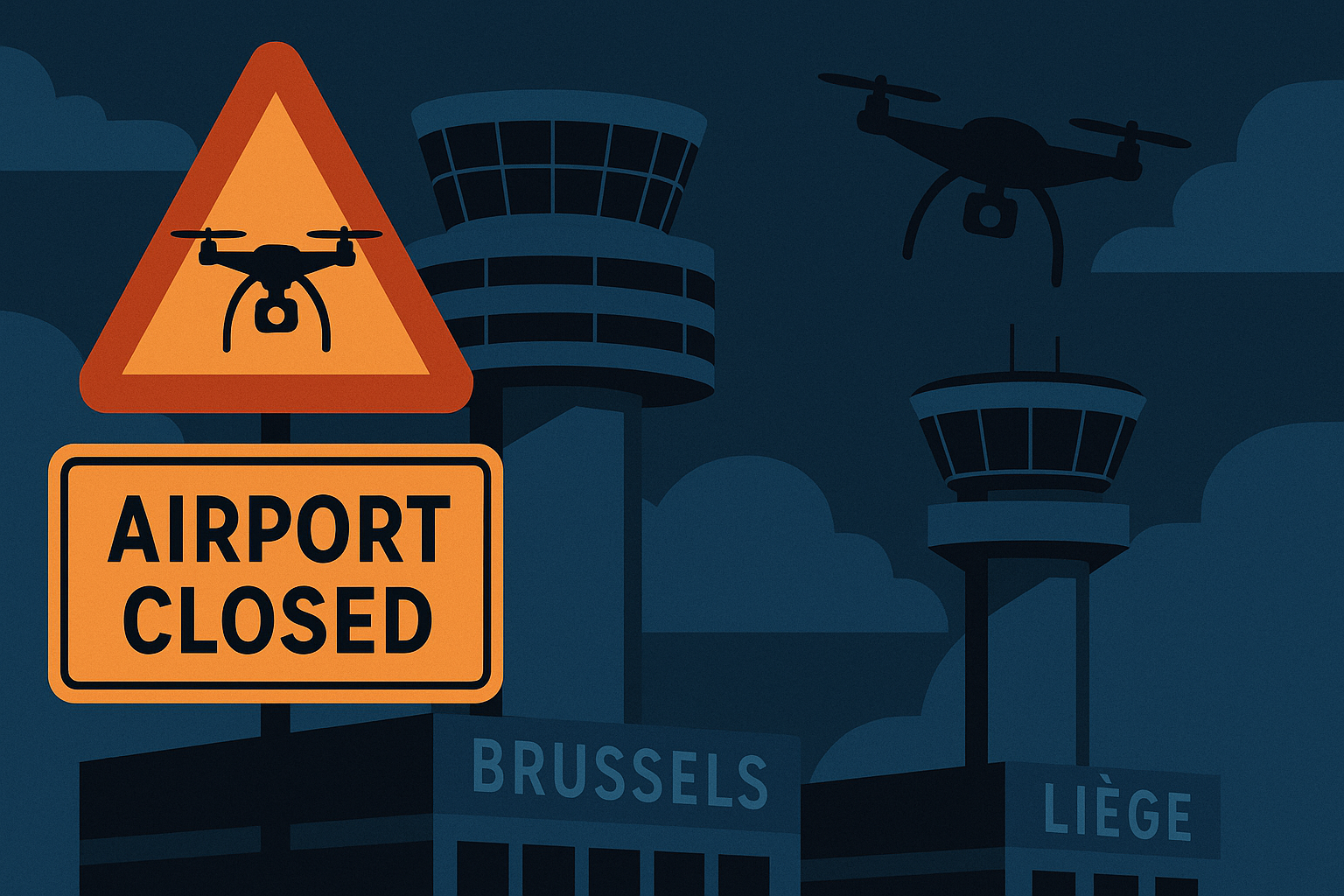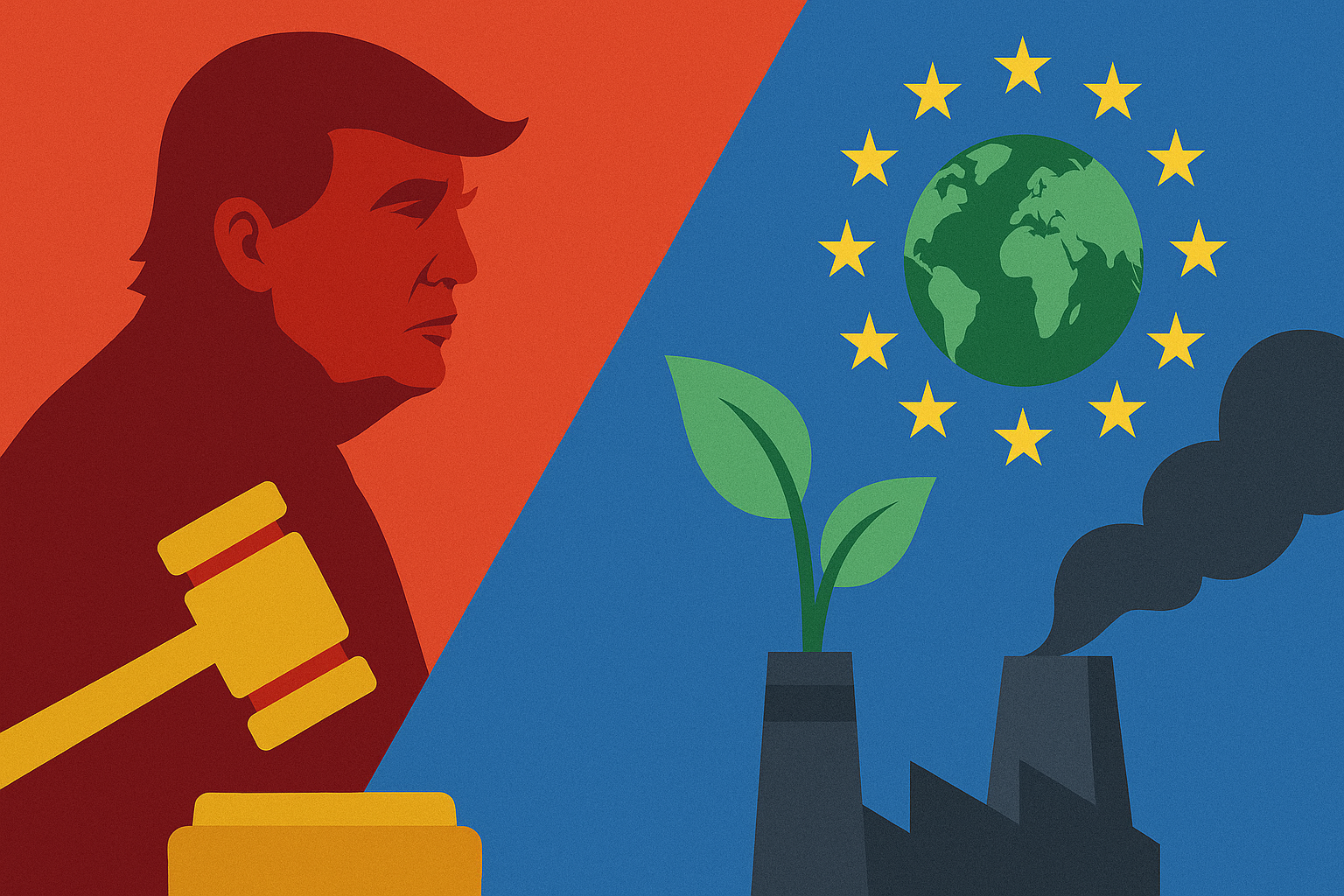As Europe ramps up its military budgets in response to Russia’s war in Ukraine and shifting global alliances, policymakers and economists are divided over whether this surge in defence spending can become an engine for long-term economic growth — or whether it risks simply driving inflation and enriching defence giants.
A Revival in Barrow — and Beyond
On the coast of Cumbria, the shipyards of Barrow-in-Furness are once again humming. Once a symbol of Britain’s Cold War might, the town suffered steep decline after the 1990s when submarine orders dried up. Now, as Europe rearms, it is regaining relevance.
In September, Britain’s King Charles III, Defence Secretary John Healey, and U.S. Navy Secretary John Phelan visited to mark the commissioning of HMS Agamemnon, a new Astute-class attack submarine. The site’s owner, BAE Systems, is now building four Dreadnought-class nuclear submarines, followed by up to 12 Aukus-class vessels for service in the 2030s.
Local leaders see it as the start of a renaissance. “We’re at the beginning of a new boom,” said Barrow’s mayor, Fred Chatfield, whose town will also benefit from £220 million in government funding for skills training and urban renewal.
Europe’s Broader Bet on Defence
Barrow’s revival mirrors a Europe-wide gamble: that higher defence spending can simultaneously strengthen security, revive struggling industrial regions, and stimulate technological innovation.
In Germany, for example, the government plans to invest €650 billion in defence between 2025 and 2029, more than double the previous five-year total. Companies such as Diehl Defence — which makes the IRIS-T air defence system — and KNDS, a Franco-German tank manufacturer, are expanding plants and adding thousands of jobs in towns that were losing traditional industries like car manufacturing.
“The bet now is to ensure the economy can grow through domestic demand,” said Paul Hollingsworth, head of developed market economics at BNP Paribas. As Germany’s car industry falters, Berlin sees defence as a way to repurpose underused industrial capacity rather than crowd out private investment.
Economic Promise — and Constraints
While large military contracts can bring jobs and regional investment, economists warn the overall effect on growth may be modest. The Institute for Fiscal Studies (IFS) estimates the UK’s planned build-up — equivalent to £36 billion more per year over the next decade — will lift GDP in the short term. But the long-term benefits will depend on whether the spending strengthens skills, infrastructure, and research capacity.
“European defence growth ambitions could be due for a reality check,” said Louis Knight of Third Bridge, noting that the continent’s industrial base remains depleted and its supply chains fragmented.
In some cases, rising demand has simply driven prices higher. Analysts point to the artillery shell shortage: European governments have spent billions restocking ammunition for Ukraine, yet supply still lags behind demand.
Claus Vistesen, chief eurozone economist at Pantheon Macroeconomics, cautioned that without new production capacity, “you spend a lot, with higher prices, for the same goods.”
The Case for Defence-Driven Innovation
Others see potential for a technological payoff if spending is channelled toward innovation. Paolo Surico, a professor at the London Business School, estimates that defence investments equal to 1% of GDP could boost long-term output by up to 2%, if focused on research and development (R&D).
“U.S. defence spending has been critical to an ecosystem that made them the leader in innovation for the last 50 years,” Surico said, citing advances like nuclear power and GPS, both born from military R&D.
By contrast, Europe invests only 0.04% of GDP in defence R&D, compared with 0.62% in the U.S. Surico argues that Europe must direct more funding toward small, high-tech firms developing “dual-use” technologies with civilian applications, rather than relying on giants like BAE and Rolls-Royce.
The SME Challenge
While the UK government has pledged to raise spending with small and medium enterprises (SMEs) to £7.5 billion by 2028, many smaller firms say they are still sidelined by slow bureaucracy and payment delays.
“The problem for SMEs is not capital — it’s contracts,” said Mimi Keshani, co-founder of start-up Hadean, which develops digital military simulations. “We’re often asked if we can survive one more year before the paperwork is done.”
Lisa Quest of consultancy Oliver Wyman believes reforming procurement is vital: “The Ministry of Defence must speed up its contracting and engage directly with suppliers across the chain.”
Balancing Security and Economic Ambitions
Defence spending can stimulate local economies — particularly in poorer regions where new factories and training centres provide jobs — but economists stress that its fiscal multiplier is typically below one. That means each euro or pound spent generates less than an equivalent amount of GDP.
“Defence spending isn’t something you do for short-term economic gain,” said Ethan Ilzetzki of the London School of Economics. “But it can yield longer-term benefits if it rebuilds industrial capability and fosters innovation.”
A Strategic Transformation
Ultimately, Europe’s rearmament is about more than economics. As U.S. isolationism deepens under President Trump, the continent is being forced to strengthen its own defences and reduce reliance on American security guarantees.
Still, policymakers hope the build-up can deliver broader dividends — rejuvenating industry, training a new generation of engineers, and driving forward technologies with civilian potential.
“The perception has shifted 180 degrees,” Ilzetzki observed. “Defence spending was once seen as a burden — now it’s being treated as an opportunity to rebuild Europe’s industrial and technological strength.”







